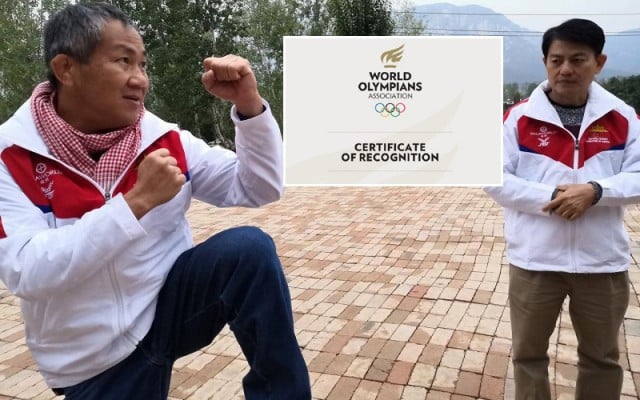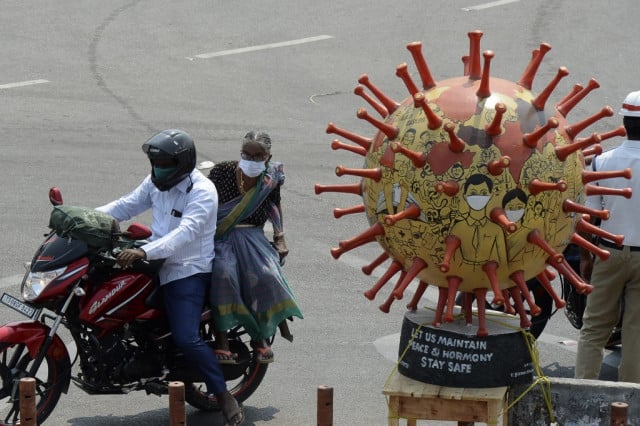The Idea Behind the Pchum Ben Ceremonies
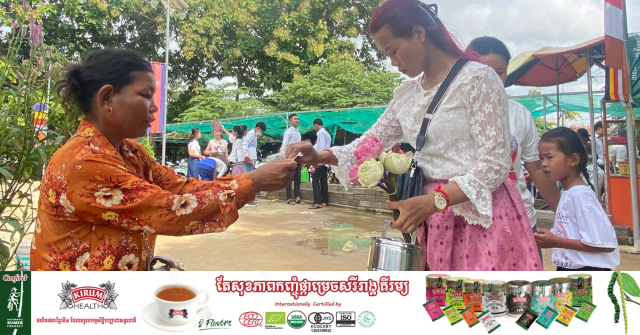
- By Cambodianess
- October 14, 2023 9:00 PM
PHNOM PENH - In Khmer society, the idea that one’s good deeds and bad deeds will have consequences in a person’s afterlife is a deeply-rooted belief.
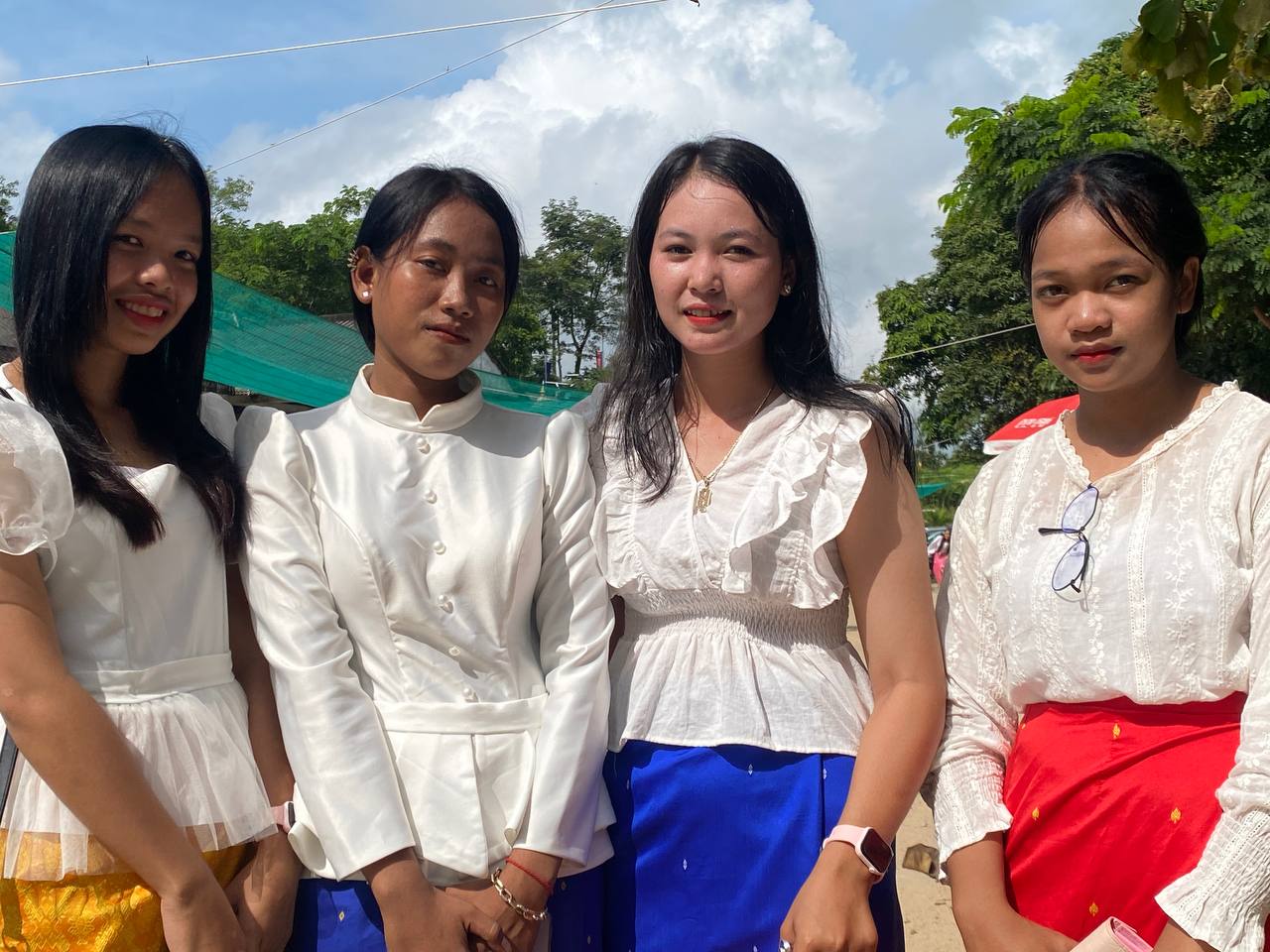
Those living, however, have no way of knowing whether their departed relatives and long-ago ancestors were sent to heaven or hell. So, people organise Pchum Ben to offer food for the spirits who are unfortunate.
The word “pchum” means to gather and to unite, while the word “ben” or “pinda” means to make whole or complete something. We can often see people making sphere-shape chunks of rice to symbolise completeness.
In addition, due to the annual occurrence of heavy monsoon rain, the ceremony enables people to offer food and other necessities to the monks as going outside the pagodas during Pchum Ben can be hard for them. It is also an occasion that teaches younger people to understand religious practices.
In ancient times, the ceremony was conducted over three months. During the reign of King Ang Duong (mid-19th century), the ceremony was reduced to 15 days as resources were limited at the time.
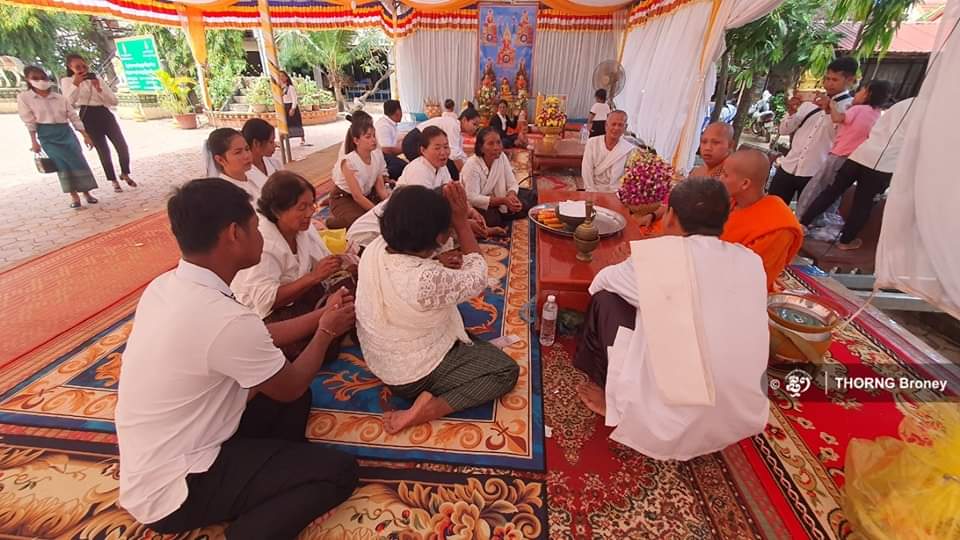
Today, since Phnom Penh has become a major urban center where people come to study and to work, many people leave the capital on Pchum Ben days to go home, be with their families and go to their pagodas.






